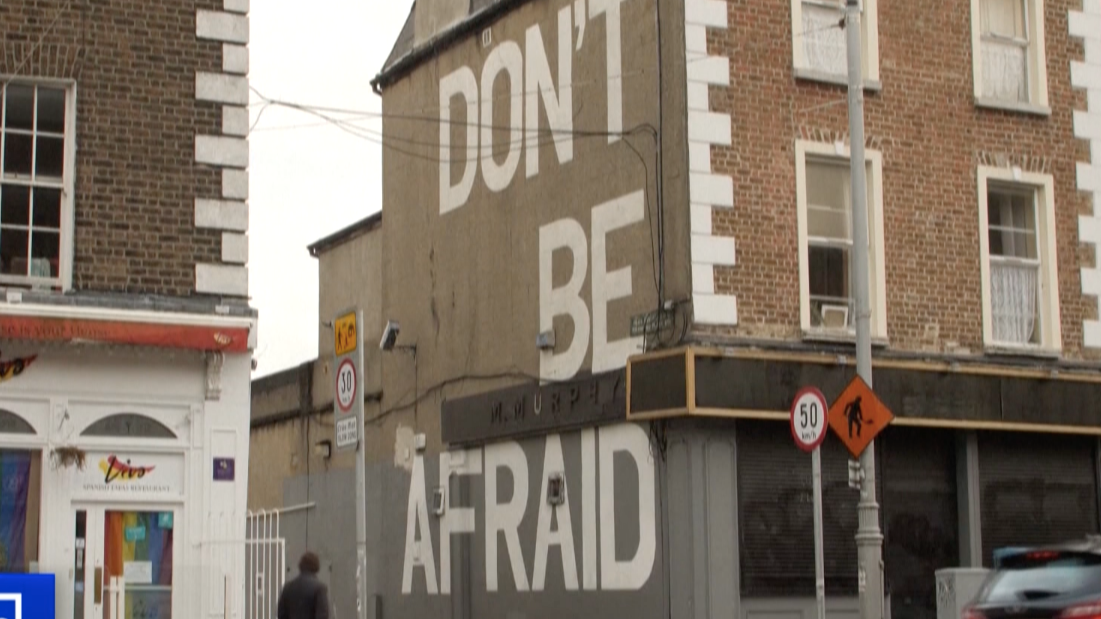03:04

Ireland became the first EU country to enter a second COVID-19 lockdown after a nationwide order to stay at home came into force.
The restrictions, which started on Thursday, include a ban on social or family gatherings in homes; the closure of many non-essential shops or services, such as hairdressers; and bars and restaurants will only be able to provide a takeaway service.
Ireland's Prime Minister Micheal Martin said schools and creches must remain open, while the restrictions also allow for elite sport and construction work to continue.

The coronavirus is spreading rapidly across the country and Ireland has reported a surge in new infections in recent weeks.
Despite the dire situation, journalist Arnie Watterson told CGTN Europe the nation is divided over whether this second national lockdown will do more harm than good.
With Ireland officially in recession since September, Watterson said a large number of people feel parts of the economy, such as hospitality, should be allowed to continue doing business.
Watterson also said that Brexit, namely the ongoing uncertainty as to the exact border situation with Northern Ireland, was causing confusion.
"Many people cross the border on a daily basis for school, for work or for medical appointments; not to mention the flow of traffic back and forth with goods and services," Watterson told CGTN.
"Restrictions in the Republic of Ireland mean people should not travel more than five kilometers. Unless absolutely necessary, they shouldn't be crossing the border."

Ireland's Prime Minister Micheal Martin is trying to balance a country in recession with protecting citizens from COVID-19. /JULIEN BEHAL /POOL/AFP
Ireland's Prime Minister Micheal Martin is trying to balance a country in recession with protecting citizens from COVID-19. /JULIEN BEHAL /POOL/AFP
But, as Watterson pointed out, the rules in Northern Ireland are very different.
"It isn't the case … the border remains open for essential travel."
The Republic of Ireland central bank governor, Gabriel Makhlouf, has echoed those concerns with predictions of what he called a "double whammy" of Brexit and coronavirus.
Makhlouf says the country's base case has been changed to assume there will be no UK deal with Brussels and possible further national lockdowns.